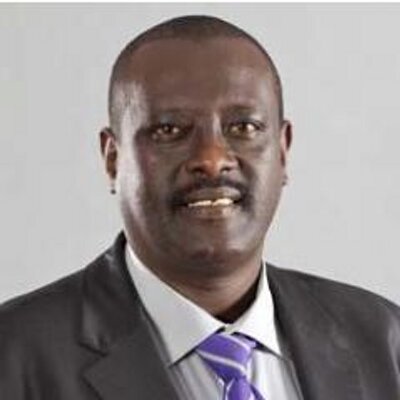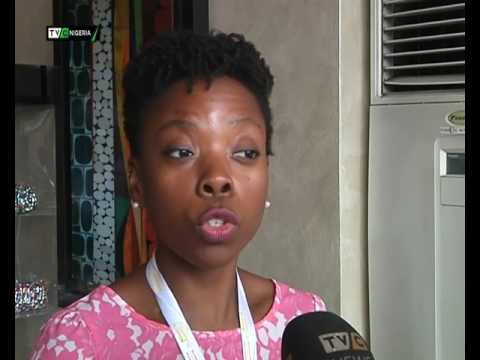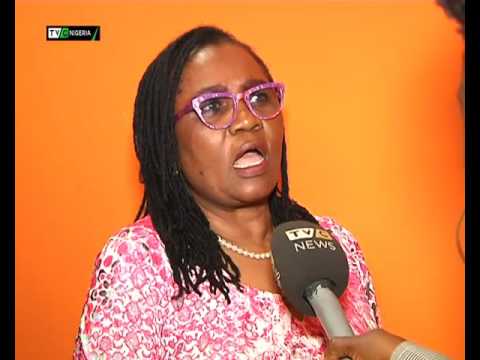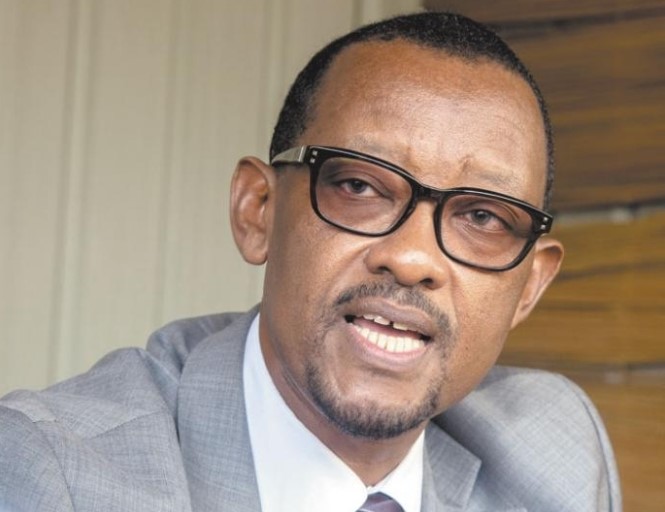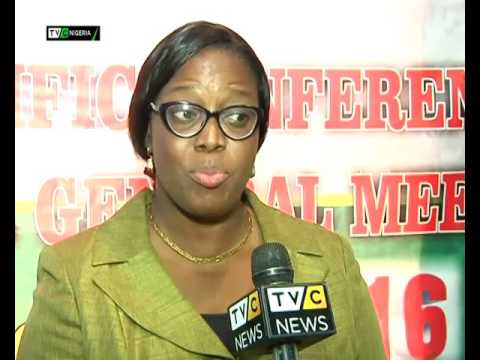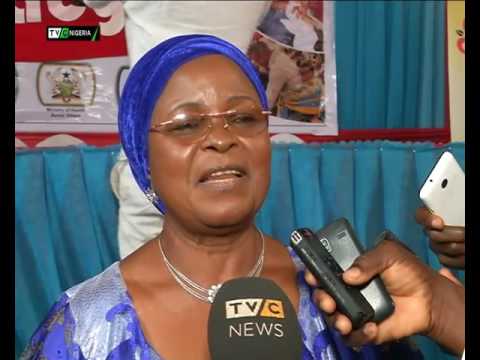With the Paris Agreement signed and Parties’ Intended Nationally Determined Contributions (INDCs) submitted, countries have turned their attention this year to implementing the global climate change agreement. For individual countries, this means ratifying the agreement, moving from intended contributions to submitted Nationally Determined Contributions (NDCs), and translating the climate change targets outlined in contributions into concrete actions to be implemented at the national or sectoral level.
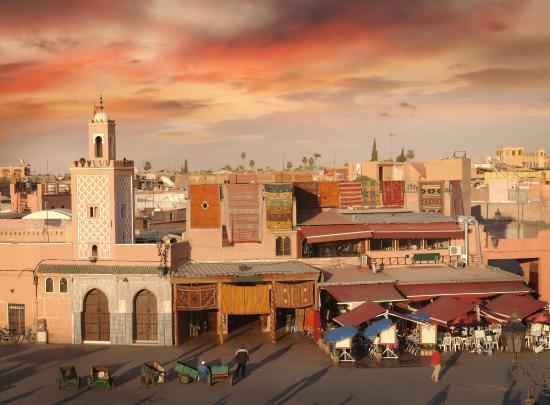
Over 120 participants representing more than 40 African countries, as well as international organisations and implementing agencies, recently met in Tunis, Tunisia to discuss next steps and challenges in moving toward NDC implementation. On 5-7 September, the United Nations Development Programme (UNDP), the United Nations Framework Convention on Climate Change (UNFCCC) Secretariat, and the UNDP/UNEP (United Nations Environment Programme) Global Support Programme for National Communications and Biennial Update Reports held a Regional Dialogue on (I)NDCs that served as one of the first regional opportunities to advance NDC implementation leading into COP 22 in Marrakech, Morocco in November 2016. The dialogue was hosted by the Government of Tunisia and provided a forum to exchange national experiences and discuss technical and institutional issues related to NDC implementation.
Several key takeaways emerged from the discussions in Tunis. First, African countries are making considerable progress in preparing for NDC implementation. For instance, some have already begun developing NDC implementation plans that prioritise specific sectoral climate actions and designing institutional arrangements and coordination mechanisms to support NDC-related work. Others have begun assessing how to attract or reorient investments toward climate actions and designing monitoring systems to measure progress toward NDC goals. Countries underscored the need to build on existing efforts – as well as experiences in preparing INDCs – when undertaking these processes.
Second, political momentum must be kept alive at the national level coming out of Paris and moving toward NDC implementation. A key factor in doing so will be effectively engaging stakeholders, including the private sector, civil society, sub-national governments and ministries not traditionally associated with environmental issues. In preparing for the Tunisia dialogue, UNDP and co-organisers made a deliberate effort to encourage the participation of sectoral line ministries and ministries of finance and planning, in addition to environment officials. The variety of perspectives resulted in impressively high-quality discussions during the dialogue.
Third and relatedly, funding for NDC implementation must be considered early and comprehensively, which will require conscious efforts to involve finance ministries, the private sector and international funders (e.g., bilateral donors, multilateral funds, investment banks) as needed. Strategies for mobilising resources from national budgets, private investors and international sources can be considered in the context of developing NDC implementation plans. One fundamental component of this process for many countries will be assessing which NDC components will be implemented “unconditionally” using domestic resources and which will be conditional upon external support.
Finally, the intrinsic link between climate change and development remains clear. Countries continue to recognise the importance of strategically embedding NDC implementation plans in national development strategies so that climate change is mainstreamed into political processes and development efforts. NDC implementation can also serve to advance the global Sustainable Development Goals, or SDGs. And while adaptation remains a priority for the region, African countries recognise that progress on the SDGs can lead to achievements in both adapting to and mitigating climate change.
UNDP has provided support to country governments in the (I)NDC process, as well as in areas related to NDCs, such as nationally appropriate mitigation actions, low-emission development strategies and national adaptation plans. The dialogue in Tunisia was one of a series of dialogues organised by UNDP and the UNFCCC Secretariat with support from a number of donors. These began in 2014 to support countries in preparing INDCs for Paris and will now continue into 2017 focusing on NDC implementation. Following on the Tunisia dialogue and a similar dialogue for Latin America & the Caribbean held in Costa Rica in July, a dialogue for Pacific Islands will take place the first week of December and an Asia/Eastern Europe/Middle East dialogue will be held in late February 2017.
By Michael Comstock, Climate Technical Specialist, UNDP


